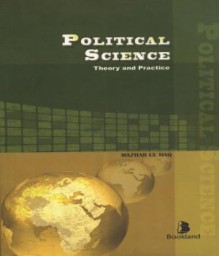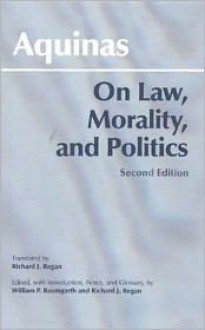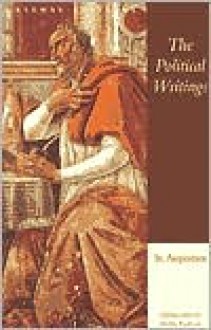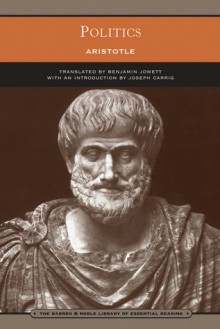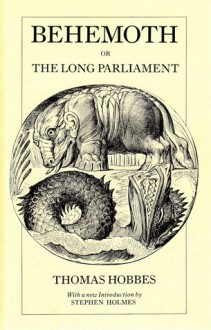
For supporters of Charles I and his son, the middle of the 17th Century was a hard time and in the aftermath of the Restoration was a time to show they were right. Behemoth is Thomas Hobbes’ history of the lead up to the English Civil War and the resulting Interregnum.
Covering roughly two decades of political, military, cultural, and religious upheaval within the frame of a dialogue, Thomas Hobbes uses the political framework written in Leviathan to analyze the breakdown of political order and how it was restored. The first and second section of the book concerns how Charles I strong political position was undermined by seven factions acting independently of one another and how the King’s attempts to combat one faction were used by other factions to represent tyranny against their own party eventually leading to a rupture and war between King and Parliament. The third section covered the civil war itself with neither side getting an advantage until the rise of Oliver Cromwell turned the tide for Parliament that eventually lead to the capture of the King and after political machinations from both sides, Charles is put on trial then executed. The last section highlights how Parliament had no idea how to replace the King and went from one solution to another all the while Cromwell continued to accumulate power until taking over the place of Charles in all but the title of King. However, after Cromwell’s death and weakness of his son’s leadership, General Monck uses his army to takeover the political situation and invite Charles II to take the throne.
While Hobbes uses the ideas in Leviathan to frame this history, it is essentially a Royalist view of the history of the 1640s and 1650s. Throughout the book the prime factor that Hobbes saw as being the instigator of Parliament’s position against the King wasn’t taxes, but religion more specifically Presbyterian minister preaching from the pulpit against the King so they could achieve leadership of the nation like John Calvin had done in Geneva. Though Hobbes did mention several other factors, his obsession on the religious aspect overawed everything else in this history which at times became too much.
Behemoth is ultimately a royalist history of events in the mid-17th Century. Thomas Hobbes shows the breakdown of political order when the sovereign’s position is challenged and usurped by those that have no right to it and the chaos that follows, but through his partisan lens.

 Log in with Facebook
Log in with Facebook 
